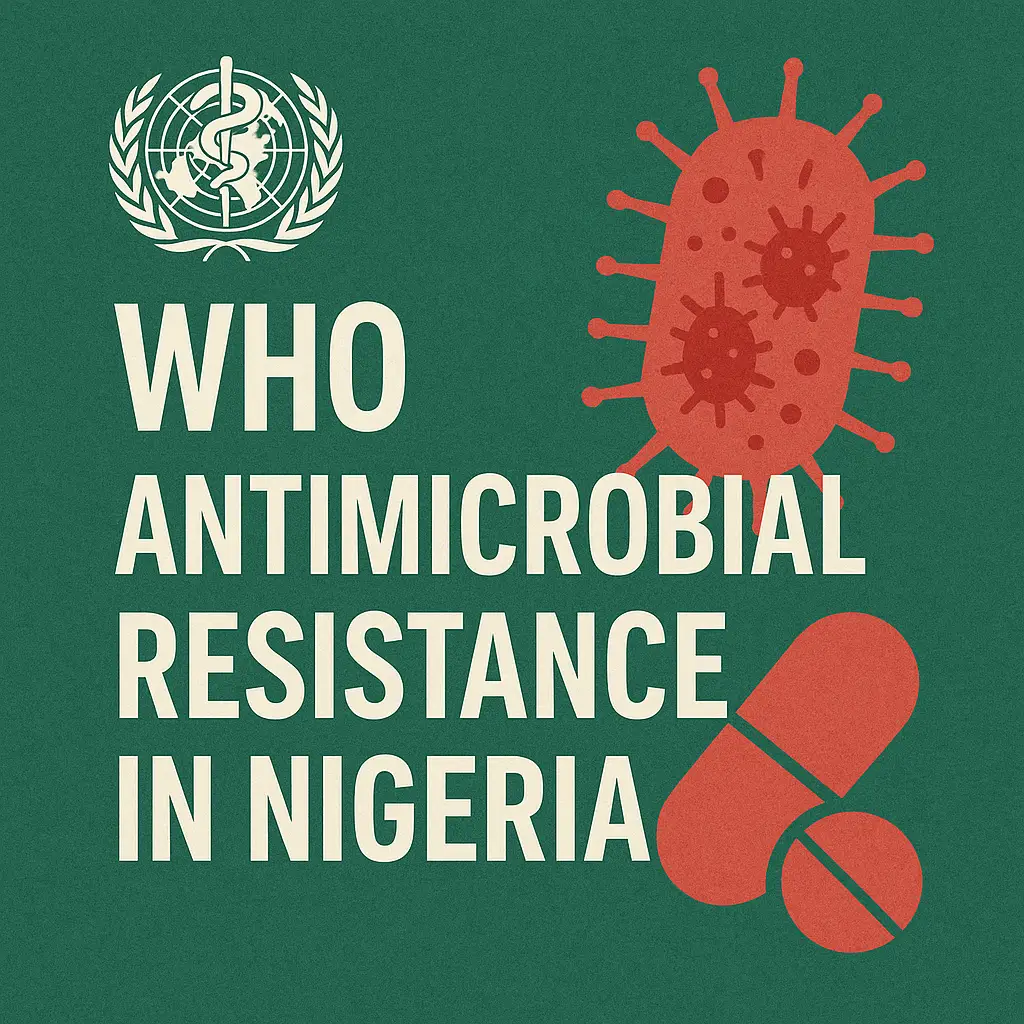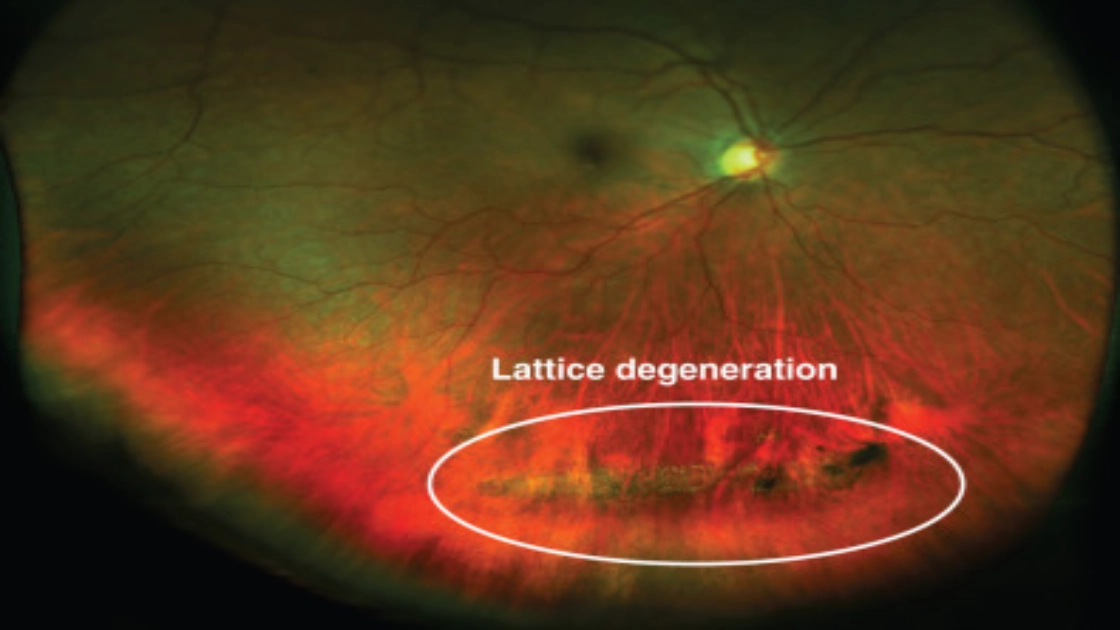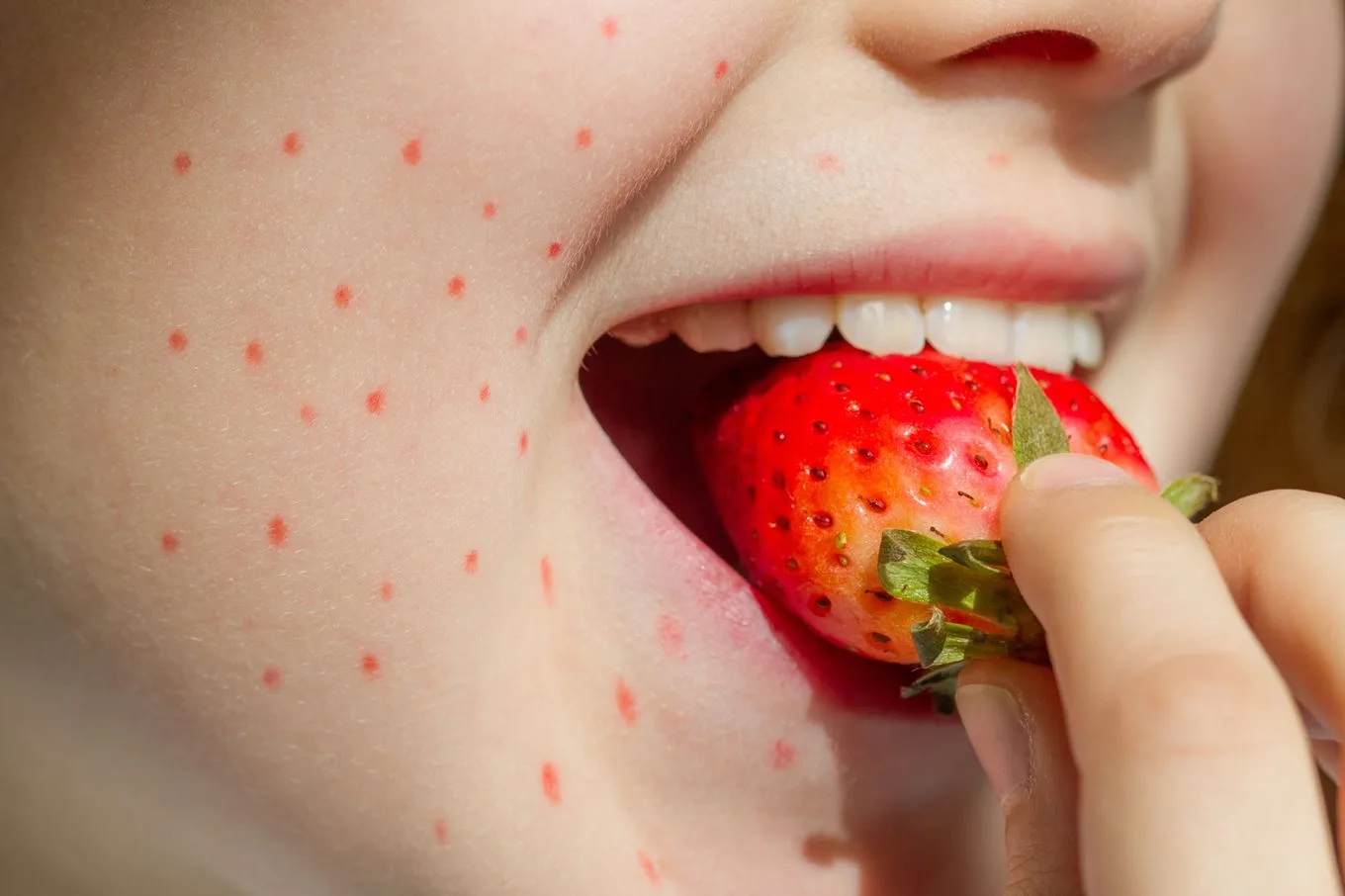Introduction
Childhood depression is distinct from a moody child who occasionally appears depressed or agitated. Like adults, kids occasionally experience “blue” or depressive feelings. Emotional swings are common. However, if similar emotions and actions persist for a period of time longer than two weeks, they can indicate an affective illness like depression.
Depression is not just a problem for adults. Depression can be observed kids and teenagers too. Due to parents’ and caregivers’ difficulties in identifying the disorder’s symptoms, children may go undetected and untreated.
Although it is a significant mental health problem, childhood depression is curable. Continue reading to find out more about the warning signs, symptoms, causes, and risks of childhood depression.
What does child depression look like
Many of the same depression symptoms that adults and adolescents experience are also present in depressed children. However, because they have a limited emotional language, youngsters could find it difficult to describe themselves and their sensations.
Symptoms Of Childhood Depression
- sad or depressed
- Sense of helplessness
- feelings of guilt, rage, or impatience, as well as sentiments of unworthiness
- weeping difficultly lack energy
- Having suicidal ideas in mind
Not all of these signs and symptoms are necessarily present in depressed kids.
Warning signs a child may have depression
Parents and other caregivers may notice feelings or changes that indicate depression.
Children might not know how to convey their emotions to you. Children who are depressed may exhibit these warning signs:
- irritation or rage
- Variations in temperament and behavior altered appetite
- sleepiness or drowsiness emotional or loud outbursts
- physical illness’s regular symptoms, such as headaches or stomachaches
- diminished focus defiance
- drop in academic achievement displaying negative thoughts (complaining or making self-critical remarks)
- discussing dying or death
- Suicide danger
It’s crucial to keep an eye out for any warning signs and assist your kid in seeking treatment if they have been diagnosed with depression or you have reason to believe they may be depressed.
WARNING SIGNS OF SUICIDE RISK
- several signs of depression
- Problematic conduct increased with social isolation.
- discussing one’s own death, dying, or committing suicide while lamenting one’s own helplessness or lack of resources
- drug usage a desire for weapons
What causes childhood depression?
Multiple factors may contribute to childhood depression. These risk factors alone may not account for the mood illness, but they could play a role.
These danger elements raise a child’s likelihood of getting depression:
- physical fitness. Children who have severe or ongoing medical issues are more prone to depression. This also covers obesity.
- stressful situations. A child’s risk for developing depressive symptoms might rise in response to changes at home, at school, or with friends.
- Environment. A child’s likelihood of developing a mood illness like depression might increase if their home situation is chaotic or stressful.
- Family background. Children who have relatives with depression or mood disorders may be more prone to depression at an early age.
- imbalances in biochemistry. The functioning of the brain may be impacted by uneven hormone and chemical levels. Depression risk may rise as a result.
Risks of childhood depression
Although it is a serious disorder, childhood depression is curable. However, if it is not addressed, children may suffer the effects for a very long time.
These difficulties comprise:
- suicidal ideas or actions
- symptoms becoming worse
- greater likelihood of experiencing longer or worsening severe depressive episodes in the future
- additional Mood Disorders
How to help a depressed child
Therapy and prescription medication are used to treat depression in youngsters. Some kids could benefit from only one of them, while others might combine them.
These are not permanent cures. The treatment plan for your kid will be recommended by Child Counselor, who will also determine when it’s time for them to stop using it.
The intensity of the symptoms frequently determines the course of treatment for childhood depression. The good news is that your kid can get relief from their symptoms with the proper care.
Therapy
Psychotherapy is frequently the initial course of treatment when a kid is diagnosed with depression. This kind of treatment can address the emotional and environmental elements, such the surroundings and stressful situations that raise a child’s risk for depression.
In order to treat depression, cognitive behavior therapy (CBT) is frequently employed. This kind of therapy involves discussing feelings and experiences, identifying areas that need improvement and coming up with proactive measures to create those improvements.
Due to their limited language, young children may not benefit as much from standard talk therapy. Children can learn to reinforce their emotions and experiences through play therapy, which involves toys and entertainment. A form of expressive treatment called art therapy, which employs painting, sketching, and other artistic methods, may also help kids deal with the symptoms of depression.
Medication
Five antidepressants are approved by the U.S. Food and Drug Administration (FDA) as of 2015 to treat MDD in children. The doctor will take your child’s age into account while determining the optimal pharmacological course of action because these suggestions differ by age.
An increased risk of suicide in youngsters using these drugs is an uncommon adverse effect. It is advised that parents and other adults who are responsible for children who are taking this medicine closely watch for any changes in their kid and seek quick medical attention if they have any concerns.
Without a doctor’s approval, parents should not ask their children to stop taking any of these medications. Significant negative effects may occur if you stop using the medication.
How to find help for a child with depression
Finding the best Child Counselor and course of therapy is the first step in treating childhood depression.
These actions are helpful.
1. Discuss with your kid. Even though it could be challenging, try to talk with your child about how they’re feeling and what they’re going through. Some kids will confide in you. You’ll better comprehend what’s going on if you do this.
2. Record notes. Keep a journal of observed changes and warning indicators if your youngster won’t talk to you. A doctor may use this to spot trends in patient behavior.
3. Consult a pediatrician. The doctor for your child will initially try to rule out any medical conditions that might be causing the symptoms. A physical examination and many blood tests may be necessary for this.
4. Locate an expert Child Counselor. Your child’s physician could refer you to a specialist, such a psychologist or counselor, if they think the problem is a mood condition like depression. These medical professionals are qualified to identify and handle pediatric depression.
Conclusion
If you observe any symptoms of depression in your child and looking for a professional help you can choose TalktoAngel: an online platform that help in elimination of depression from the child. They have highly qualified and experienced Child Counselor that help in overall development and well being of the child and their future.
Author Bio: –
Dr. R K Suri is a trained professional chartered Clinical Psychologist, having more than 36 years of experience in hypnotherapy, psychoanalysis, neuropsychological assessment, career counselling, and relationship management. Has been providing career counselling globally and has been providing counselling at IITs, IIMs, and SPAs, for admission to Universities in the US, UK, Australia, etc.















Leave a Reply